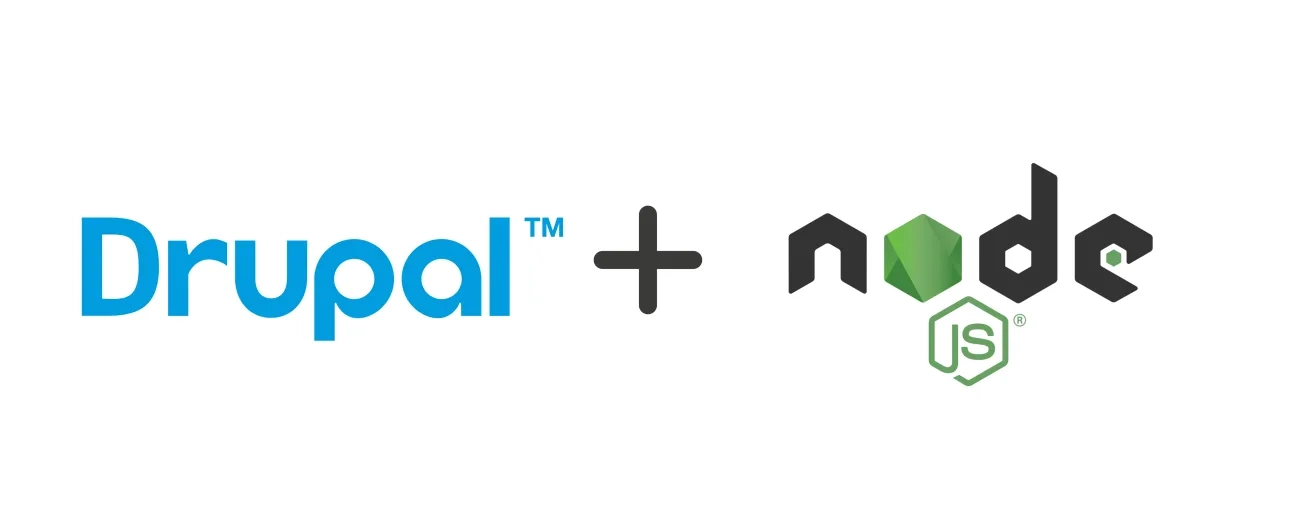
We’re excited to hear your project.
Let’s collaborate!

Remember when websites used to be the only type of content distribution channels? Hardly, right? For it's been “ages” since we got to “deliver” content alongside entire “constellations” of digital channels: digital signage, kiosks, mobile... And so, this proliferation has made managing all these access channels increasingly challenging. But the Acquia team came up with a solution: they've added Node.js support to their Acquia Cloud.
That's right, now Acqua Cloud, the one providing a cloud-based interface for Drupal developers to use, incorporates Application services for Node.js.
This means that:
… and help you build real-time, network JavaScript apps alongside your robust, scalable Drupal CMS faster than ever.
They're equally popular for building enterprise-specific digital experiences, they're both open source technologies. And now each one of them is a valuable integration of the Acquia Cloud.
Teamed up, they enable you to build and to run your JavaScript apps on top of Drupal.
* “Why JavaScript?”, you might wonder. Because it's designed with usability in mind!
With their powers combined, headless Drupal and Node.js:
It's your users that will benefit from this “data and content marriage” in the end: they'll enjoy some interactive digital experiences.
For this new way of interacting with your Drupal CMS (exposed as a set of content services now), while leaving the scripting part to Node.js, does translate into key benefits for you and your team:
Integrating headless Drupal with Node.js not only simplifies app development but also enhances your ability to deliver seamless omnichannel experiences, as discussed in Leveraging Headless Drupal for Omnichannel Experiences.
Overall: you get to leverage Drupal's robustness as a CMS-repository for all your apps! It's there that all the content management and content authoring happens and it's from there that content gets distributed to your entire maze of real-time apps, to the whole network of distribution channels.
The more complex your data-driven app infrastructure gets, the more powerful your repository has to be!
Luckily, managing content and, moreover, scaling itself to an increasing overload of content are Drupal's “specialties”!
And this is how headless Drupal and Node.js, with their powers combined in Aqua Cloud, will help your development team create decoupled application experiences across multiple digital channels!
How about putting this “happy marriage” of data and content to a test now?

We’re excited to hear your project.
Let’s collaborate!